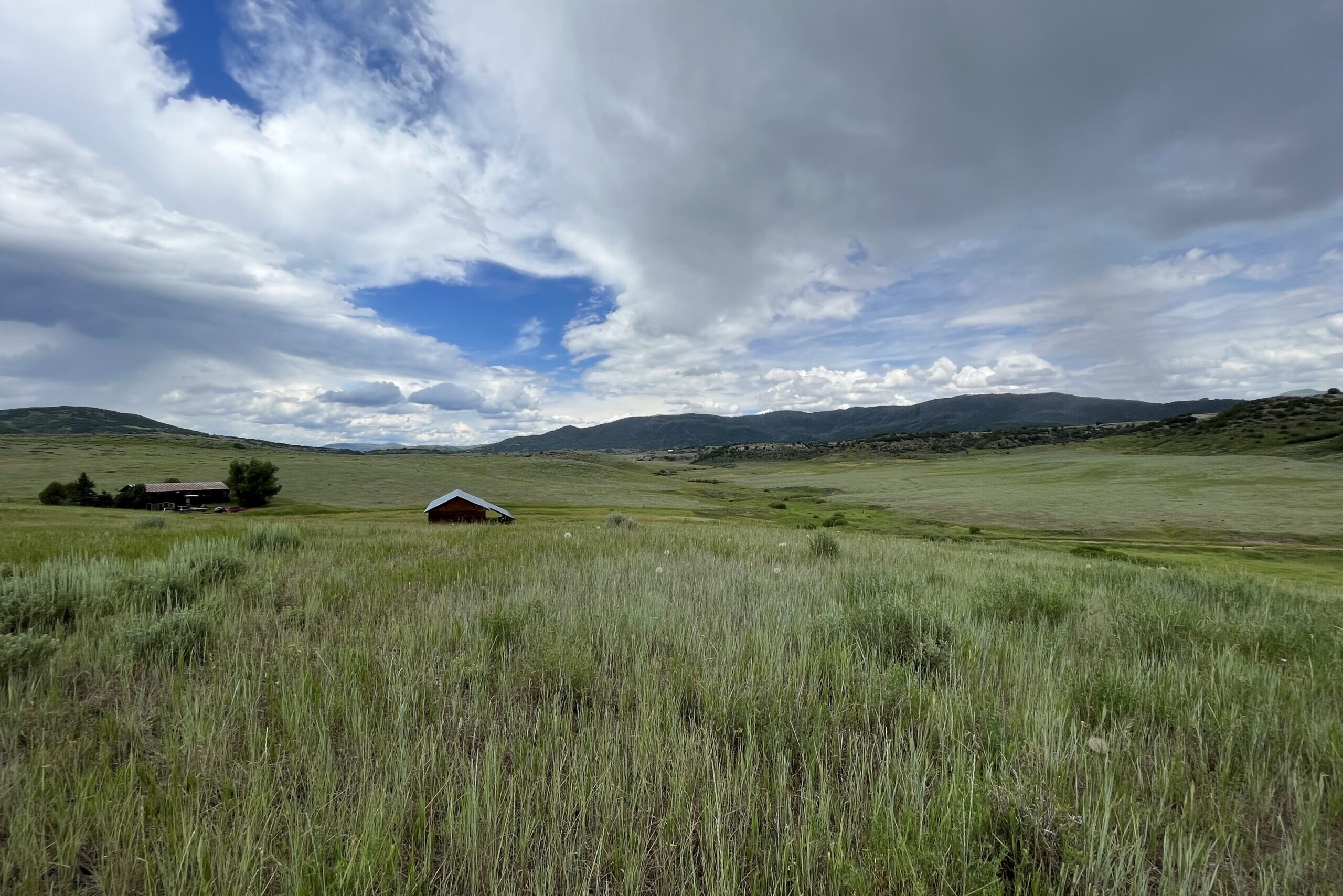
Housing affordability is a big issue for all Coloradans, which is evident from the multitude of ballot measures about housing in both statewide and local elections this year.
One increasingly popular proposal in resort communities involves levying higher taxes on short-term rentals like Airbnbs. On Tuesday, voters in several Colorado communities — Aspen, Carbondale, Dillon, Salida and Steamboat — supported raising the tax visitors pay when they stay at a short-term rental in their communities. Other towns including Crested Butte, Ouray and Telluride passed similar measures last year.
In all those places, at least some of that money will go toward funding affordable housing initiatives.
The biggest hike in this year’s election was in Steamboat, where, starting next year, people will pay an additional 9 percent to stay at an Airbnb. The town estimates it could bring in about $11 million per year for the next 20 years.
“It's a significant local investment in housing and that will open up a lot of doors for us,” said Jason Peasley, the head of the Yampa Valley Housing Authority.
A substantial chunk of the revenue generated by the new tax in Steamboat will likely go toward helping fund the housing authority’s Brown Ranch Project – a plan to build more than 2,000 housing units on 530 acres just outside city limits. The project blueprint includes both single-family and multifamily homes, stores, medical offices and open space. It also includes major infrastructure investment to extend the town’s water system and build roads.
The total price tag for the Brown Ranch development is about $400 million. The money will come from a variety of sources such as federal and state grants. It would have been much more challenging to raise the cash if voters had rejected the short-term rental tax, Peasley said, in part, because the government requires cities to invest their own money into such a project in order to receive grants.
“I don't think it would have completely eliminated the chance that we could get it funded. It would just delay the timing,” he said.
The explosion in the number of short-term rentals in Colorado’s resort areas – amplified by the pandemic – has some residents blaming them for gobbling up housing that would otherwise go to locals, and making a chronic housing shortage worse.
“[Short-term rentals] are an important part of lodging our visitors and our tourism-based economies … but without a doubt have lots of impacts to communities, to housing stocks,” said Margaret Bowes, the executive director for the Colorado Association of Ski Towns.
Higher taxes aren’t the only option for managing the growth of short-term rentals. For instance, some communities have opted to put a limit on how many short-term rentals are allowed in town.
“There isn’t a one-size-fits-all solution,” Bowes said.
Opponents to levying higher tax rates claim the added cost could drive visitors away and end up hurting tourism. But taxing short-term renters has so far garnered fairly broad support in Colorado’s resort areas. The final tallies of the 2022 election aren’t certified yet, but it looks like Grand Junction is the only city this year that voted against higher taxes on such visits.
Offie Clark is a snowboard instructor living in Carbondale. He didn’t know about the short-term rental tax on the ballot, but said if he had, he would have voted in favor. He doesn’t think the added cost will make a difference to most people visiting Aspen and Snowmass.
“They'll be able to absorb the price and will absorb the price increase almost no matter what it is,” Clark said.








